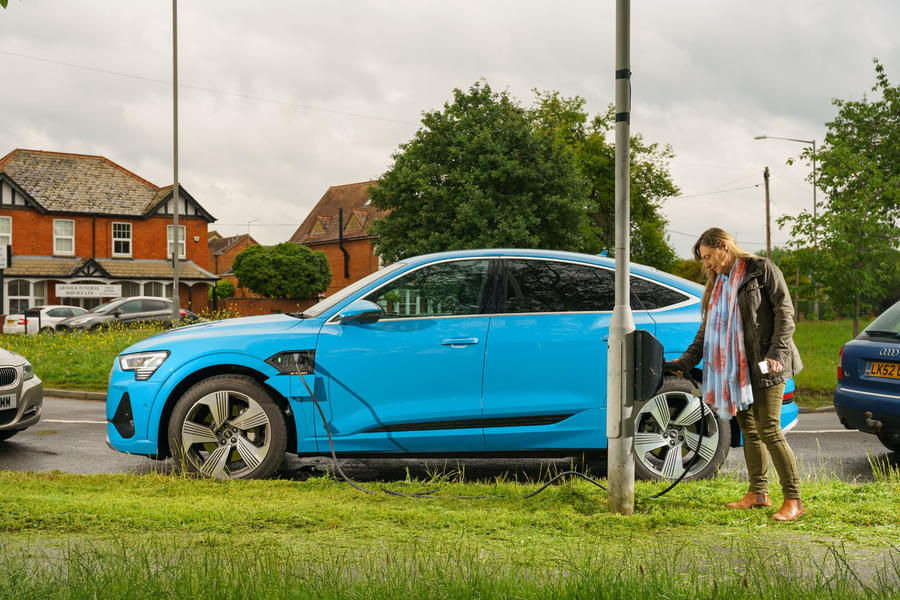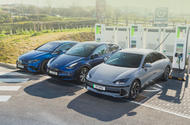The report recommended that the government takes a more proactive role in communications around the EV transition
New report from Environment Committee says government should take a more proactive role in communicating the shift
The government’s “mixed messaging” around the transition to electric cars threatens the UK’s prospects of meeting its transport emissions targets for 2050.
That’s the verdict of a new report from the House of Lords Environment and Climate Change Committee titled ‘EV Strategy: Rapid Recharge Needed’.
The report identified several key areas of confusion for motorists. These were the perception that ownership of petrol and diesel cars will be banned in 2035, rather than the sale of new petrol and diesel cars; critical minerals (such as lithium) and their procurement; recycling and end of life; and risks to health and safety.
The committee also heard concerns that a “campaign of misinformation” in the mainstream media has affected public opinion of EVs.
Richard Bruce, director of transport decarbonisation at the Department for Transport, told the committee that “there has been an impact from a concerted campaign of misinformation” and that “there is an anti-EV story in the papers almost every day”, “almost all of which are based on misconceptions and mistruths”.
Written evidence submitted by Ford attributed part of the blame for the “vocal anti-EV campaign” to the government for “lacking” focus on the end consumer.
Ford said: “Policy leadership is required from government, which includes clear and consistent messaging of their intent and confidence in the net-zero transition. Delayed policy delivery and inconsistencies damages industry and seeds doubt with the media and the public.”

Mike Hawes, chief of the Society of Motor Manufacturers and Traders (SMMT), ratified this view, saying that “any uncertainty leads to consumers sitting on their hands and sends the wrong message”.
Indeed, the committee noted that prime minister Rishi Sunak delaying the ban on sales of new ICE cars from 2030 to 2035 told the public that achieving net-zero “is going to be hard”.
It summarised: “By emphasising the costs while failing to stress the benefits and robustly counter misinformation, the government is not building public confidence.”
It recommended that the government should take “a more proactive and leading role in communicating a positive vision of the EV transition to consumers” and collaborate with the car industry to achieve this.
It added: “The government’s concern at the scale of misinformation, however, has not been matched by commensurate urgency in tackling it.
“A joint consumer information campaign between government and industry that was praised by several witnesses was ended in 2021. We heard the decision to end the campaign was led by a belief that EVs were moving into the mass market and misconceptions were dissipating. This is not supported by the evidence we received.”
The committee recommended the government take a “more proactive and leading role” in providing information on the EV transition, promoting “accurate and balanced” information.
The publication of its report comes shortly after the SMMT raised concerns about a slump in sales of electric cars to private buyers.
Although registrations rose by 21% year on year in January 2024, it noted that this was “driven entirely” by the fleet market, as fleet sales rose by 29.9% while private sales dropped by 15.8%.
Source: Autocar
